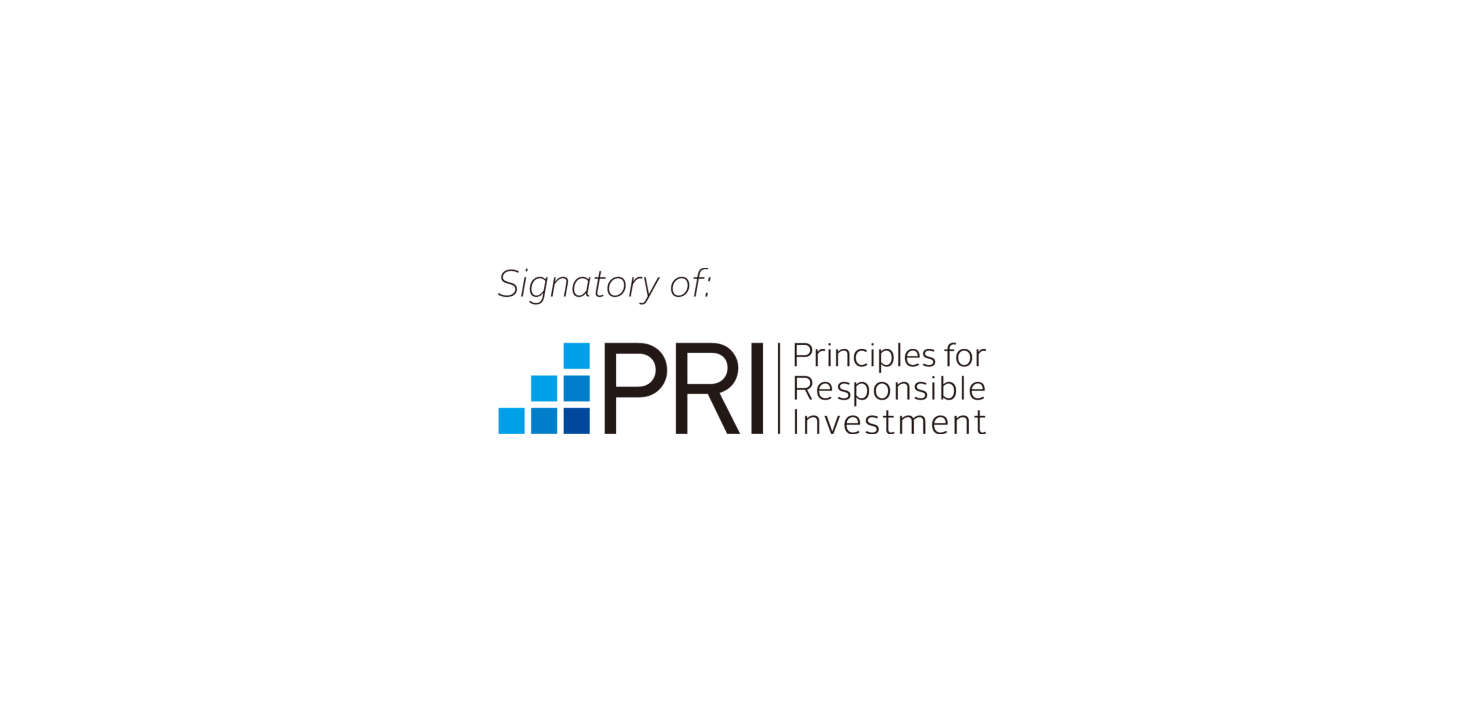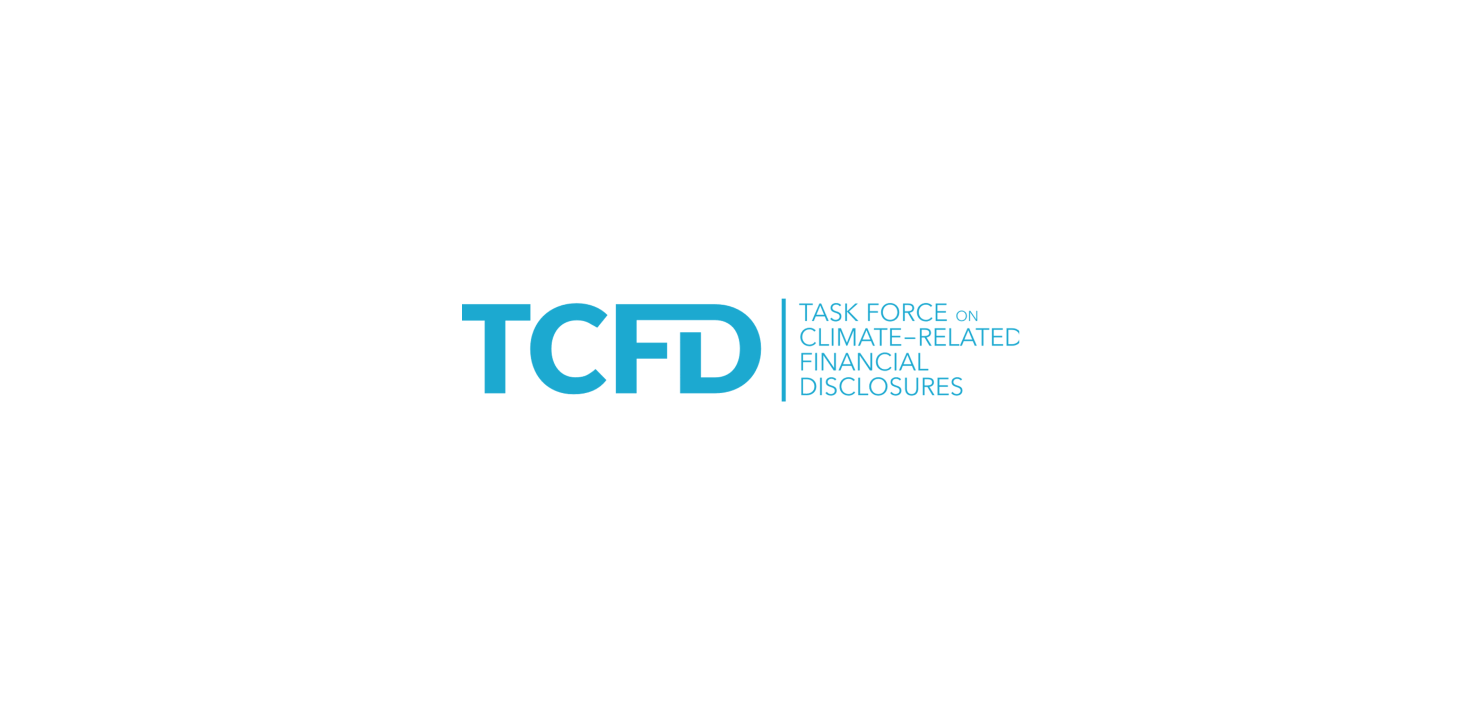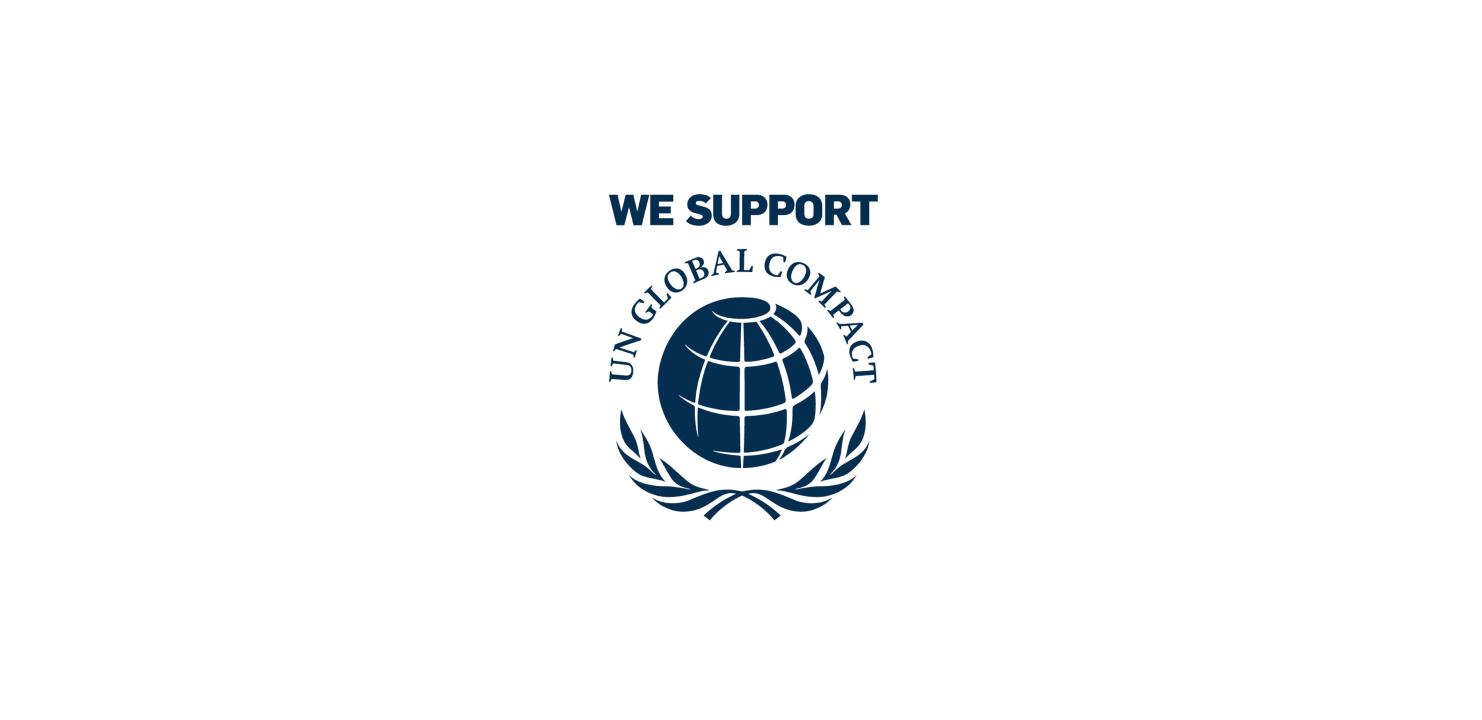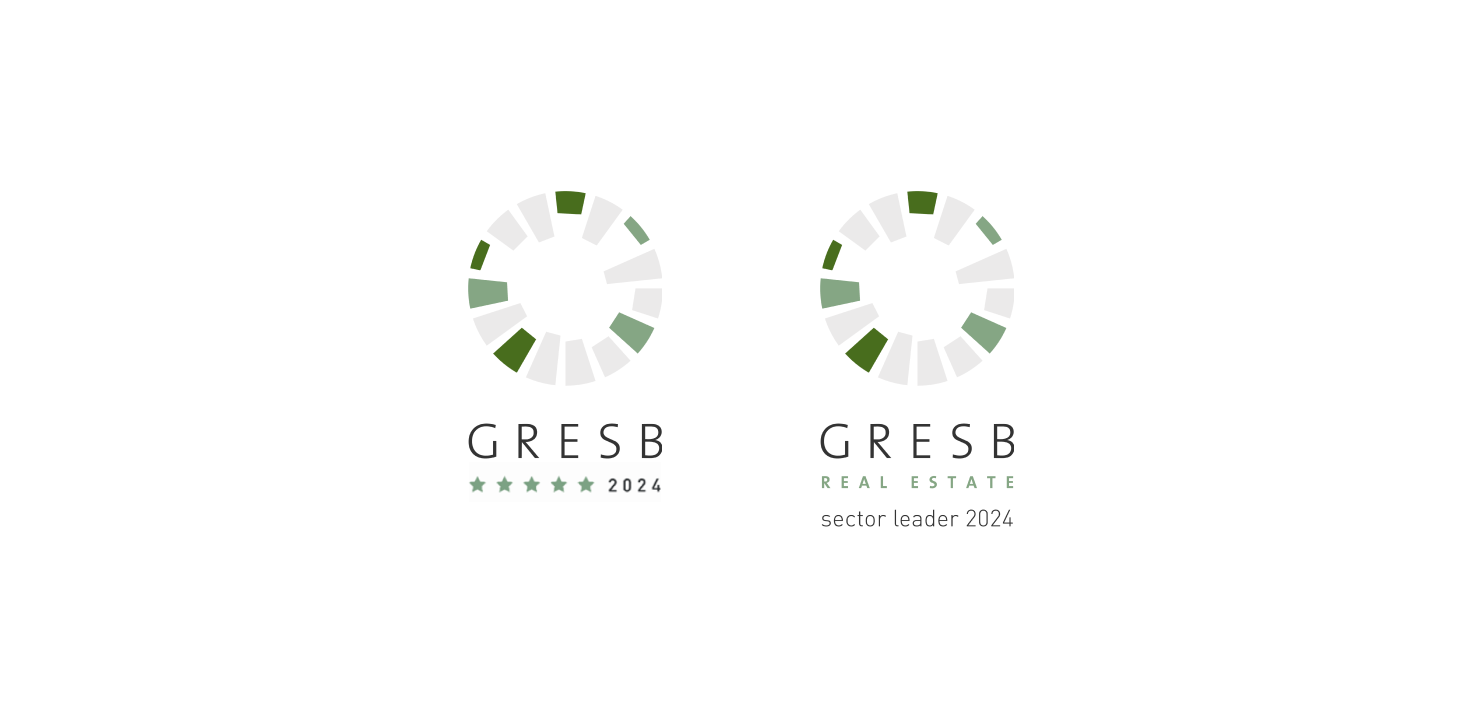Initiative and Environmental Certifications
Overview of Initiative
-
PRI

The Principles for Responsible Investment (“PRI”) is an international network of investors organized to realize the Six Principles proposed to the financial services sector by the then Secretary-General of the United Nations in 2006.
The principles advocate possible actions for incorporating Environmental, Social and Governance (ESG) issues into investment decision-making process to enhance long-term investment results for beneficiaries.The Six Principles of the PRI- We will incorporate ESG issues into investment analysis and decision-making processes.
- We will be active owners and incorporate ESG issues into our ownership policies and practices.
- We will seek appropriate disclosure on ESG issues by the entities in which we invest.
- We will promote acceptance and implementation of the Principles within the investment industry.
- We will work together to enhance our effectiveness in implementing the Principles.
- We will each report on our activities and progress towards implementing the Principles.
For details, please see “Principles for Responsible Investment“.
-
TCFD (Task Force on Climate-Related Financial Disclosures)

TCFD (Task Force on Climate-Related Financial Disclosures) is the organization which was established by the Financial Stability Board (FSB) at the request of the G20, chaired by Michael Bloomberg, to consider how to disclose climate-related information and respond to financial institutions. TCFD published its final report in June 2017, encouraging companies and others to disclose the following items related to climate change related risks and opportunities.
- Governance
Disclose the organization’s governance around climate-related risks and opportunities.
- Strategy
Disclose the actual and potential impacts of climate-related risks and opportunities on the organization’s businesses, strategy, and financial planning where such information is material.
- Risk Management
Disclose how the organization identifies, assesses, and manages climate-related risks.
- Metrics and Targets
Disclose the metrics and targets used to assess and manage relevant climate-related risks and opportunities where such information is material.
For details, please refer the “Task Force on Climate-related Financial Disclosures” website (English only).
For information about our company's initiatives related to the TCFD, please see our Approaches to climate change / Our initiatives for the disclosure items recommended by the TCFD. -
UNGC (United Nations Global Compact)

United Nations Global Compact (UNGC) is a voluntary initiative in which each company / organization acts as a good member of society by demonstrating responsible and creative leadership, and participates in the creation of a global framework for achieving sustainable growth.Since its inauguration by UN Secretary-General Kofi Annan at the 1999 Davos Conference, by 2021, more than 17,500 companies and organizations in about 160 countries around the world have agreed, and they carry out corporate activities in accordance with 4 fields “human rights,” “labor,” “environment” and “anti-corruption” and 10 principles of the United Nations Global Compact(UNGC)
Ten Principles of the United Nations Global Compact (UNGC)- Human Rights
-
Principle1
Businesses should support and respect the protection of internationally proclaimed human rights; and
Principle2make sure that they are not complicit in human rights abuses.
- Labor
-
Principle3
Businesses should uphold the freedom of association and the effective recognition of the right to collective bargaining;
Principle4the elimination of all forms of forced and compulsory labor;
Principle5the effective abolition of child labor; and
Principle6the elimination of discrimination in respect of employment and occupation.
- Environment
-
Principle7
Businesses are asked to support a precautionary approach to environmental challenges;
Principle8undertake initiatives to promote greater environmental responsibility; and
Principle9encourage the development and diffusion of environmentally friendly technologies.
- Anti-corruption
-
Principle10
Businesses should work against corruption in all its forms, including extortion and bribery.
For details, please refer the “United Nations Global Compact” website (English only).
Overview of Envirnmental Certifications
-
GRESB

GRESB is the name of the organization that administers the annual benchmark assessment that measures the environmental, social and governance (ESG) considerations of real estate companies and funds, and was established in 2009 by a group of major European pension funds leading the Principles for Responsible Investment (PRI).
DREAM Private REIT Investment Corporation (DPR), for which our company is entrusted with asset management operations, received the highest ranking of “5 Stars” and the “Green Star” indicating excellent participation for the seventh consecutive year in the GRESB Real Estate Evaluation conducted in 2024. In addition, it was selected as the “Sector Leader” in the “Diversified - Asia Regional Sector” and the “Diversified - Asia Regional Non-Listed Sector” categories.
-
CASBEE® Real Estate
CASBEE® (Comprehensive Assessment System for Built Environment Efficiency/ Building environment Performance Comprehensive Assessment System ) is a system which evaluate and grade the environmental efficiency of the building.
CASBEE® is a registered trademark of Institute for Built Environment and Carbon Neutral for SDGs.
For the details on CASBEE®, please refer below website.
https://www.ibecs.or.jp/CASBEE/english/ -
BELS
BELS is a public system that evaluates and certifies the energy-saving performance of a building that the operators are required to make efforts to display under the Act on the Improvement of Energy Consumption Performance of Buildings (Building Energy Efficiency Act) enacted in April 2016.
-
ResReal and ResReal Flood
ResReal is the first certification system in Japan to evaluate the “Robustness (location and building),” “Redundancy,” “Readiness,” and “Substitutability” of properties to quantify and visualize the resilience (strength, flexibility, recovery, and resistance) of real estate against natural disasters, certified by the Japan Real Estate Institute. The certification aims to comprehensively and quantitatively evaluate the resilience of real estate against each natural disaster, taking into account not only hardware aspects such as location and building performance, but also software aspects such as stockpiling for disasters and disaster drills.The ResReal Flood quantifies the resilience of the subject property to flood disasters on a 100-point scale, with five grades ranging from Platinum (Extremely Highly Resilient) to Standard (Ordinarily Resilient), depending on the score.
-
Tokyo Low-Carbon Small and Medium-Sized Model Building
Tokyo Low- Carbon Small and Medium-sized Model Building is a building classified as A1 or higher, which serves as a benchmark for low-carbon buildings with low CO2 emissions, based on the “Low-Carbon Building Assessment Index (Low-Carbon Building Benchmark)” announced in May 2012 by the Tokyo Metropolitan Government, with the aim of creating a real estate market in which low-carbon buildings with low CO2 emissions are evaluated.
The Tokyo Metropolitan Government has published small and medium-sized tenant buildings that are actively working on energy conservation of A1 or higher in the low-carbon building benchmark as “Low-Carbon Small and Medium-Sized Model Buildings.” -
LEED
LEED (Leadership in Energy and Environmental Design) is a system for evaluating the environmental performance of buildings and cities, developed and operated by the US Green Building Council (USGBC), a non-profit organization, and certified by a third-party organization.
For more information, please see "the U.S. Green Building Council"website (English only).
-
CASBEE®
25 -
BELS
26 -
Tokyo Low-Carbon Small and Medium-Sized Model Building
5 -
ResReal
2 -
LEED
1
